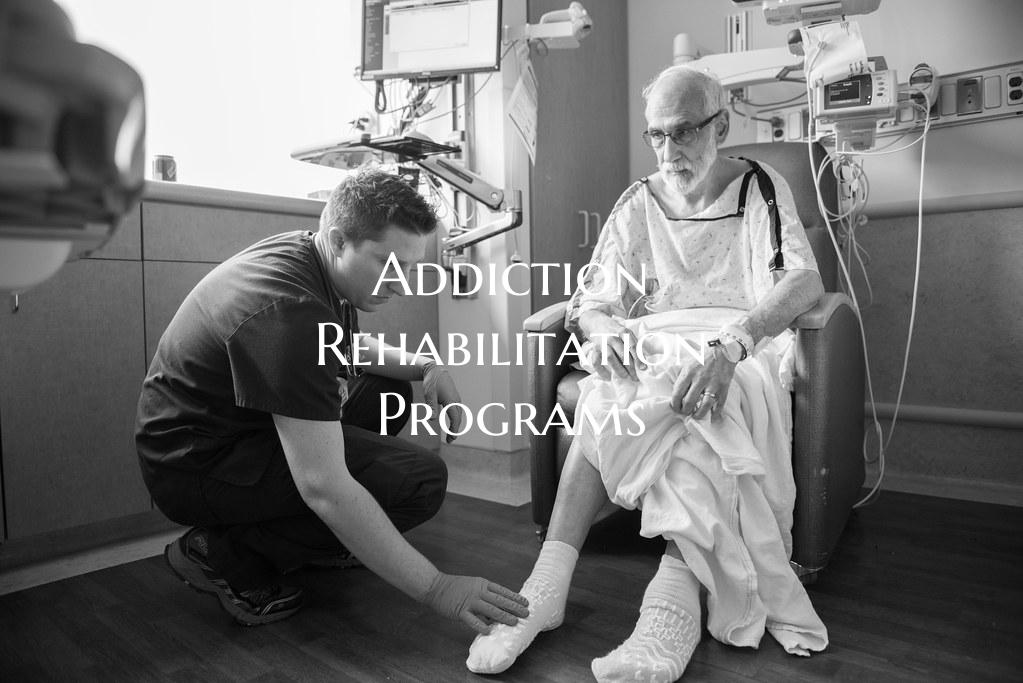
Addiction Rehabilitation Programs
Addiction rehabilitation programs play a crucial role in helping individuals overcome their struggles with substance abuse and regain control over their lives. These programs provide a structured and supportive environment where individuals can address their addiction issues through a combination of therapies, counseling, and support systems. Here are some key points to understand the importance of addiction rehabilitation programs:
1. Tailored Treatment Plans: Addiction rehabilitation programs offer personalized treatment plans that cater to the individual needs of each client. These plans are designed based on a thorough assessment of the person's addiction history, underlying issues, and specific goals for recovery. By addressing the unique needs of each individual, these programs can provide more effective and targeted support.
2. Comprehensive Therapies: Rehabilitation programs typically incorporate a variety of therapeutic approaches to address the physical, emotional, and psychological aspects of addiction. These may include individual counseling, group therapy sessions, cognitive-behavioral therapy, experiential therapies, and holistic treatments such as yoga or meditation. By providing a range of therapeutic options, these programs can help clients develop coping strategies and healthier behaviors to sustain their recovery.
3. Peer Support and Community: One of the key benefits of addiction rehabilitation programs is the sense of community and peer support they offer. Clients in these programs have the opportunity to connect with others who are going through similar struggles, fostering a sense of camaraderie and mutual understanding. This support network can be a valuable source of encouragement, empathy, and accountability throughout the recovery process.
4. Education and Skill-Building: Rehabilitation programs also focus on educating clients about addiction, relapse prevention, and healthy lifestyle choices. Clients learn valuable skills to help them manage triggers, cope with stress, communicate effectively, and make positive life changes. By empowering clients with knowledge and practical tools, these programs equip them for long-term success in maintaining sobriety.
5. Aftercare Planning: Successful recovery from addiction requires ongoing support and resources beyond the initial rehabilitation program. Many addiction rehabilitation programs offer aftercare planning services to help clients transition back into their daily lives while maintaining sobriety. This may involve referrals to support groups, outpatient therapy, sober living arrangements, or other resources to ensure continued success in recovery.
In conclusion, addiction rehabilitation programs provide a holistic and individualized approach to helping individuals overcome substance abuse and build a foundation for a healthier, drug-free life. By offering tailored treatment plans, comprehensive therapies, peer support, education, and aftercare planning, these programs set the stage for lasting recovery and improved overall well-being. If you or someone you know is struggling with addiction, seeking help from a reputable rehabilitation program can be a vital step towards healing and transformation.